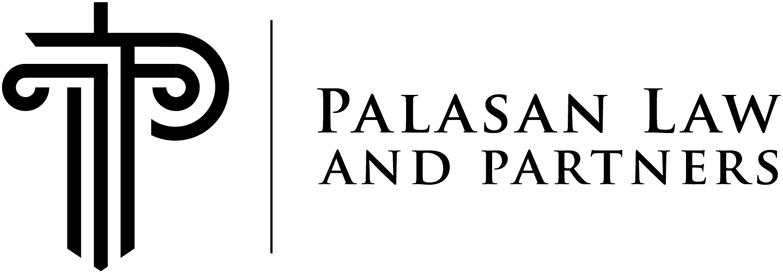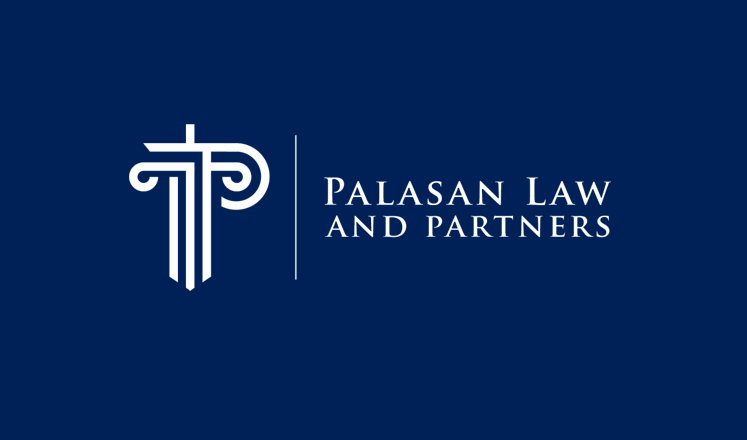The social networks are good for democracy. The Arab Spring has been helped largely by the real time reporting of mayhem perpetrated by the powers that be. The worms could not hide in the dark. Facebook and YouTube and the slew of social networks have chronicled the fall of violent regimes.
The undoing of Mar Roxas and Jejomar Binay in Tacloban became viral in the internet. They can now kiss goodbye to their presidential ambitions. The virus that is the internet can easily expose pretenders to powers for what they really are.
Technological advance is a double-edged sword. While uranium generates energy for civilian purposes, it too is the Damocles sword that hangs at the back of humanity: nuclear disaster.
The internet too, while refining the idea of freedom of expression in relation to our democratic culture, is a like a pest that is gnawing our society.
Vhong Navarro deserves our sympathy. Called at 10:30 one evening to a condo unit, he received the beating of his life instead of the torrid night he was anticipating in compliance with the promise in the earlier encounter which only ended with the smoking gun ‘ala’ Clinton-Lewinsky affair, that is if you can recall the scene.
Overnight, the social networks have dissected the lives of Deniece Melit Cornejo, Cedric Lee, and Vhong Navarro. The issue has gone viral and is replicating exponentially every day.
But instead of discussing the larger than life issues, of a Cedric Lee who has connections up to the generals and how these corrupted our law enforcement, we have feasted on the salacious and the intriguing.
In the process, we have relegated to the background the GRP-MILF peace agreement which we should be more concerned considering its far-reaching consequence in our daily lives, especially those who are from Mindanao.
The real-life television shows and the many whose daily lives are open books with real time cameras on, have fed the thirst for voyeurism.
The twin of voyeurism is the “selfie” culture in the internet. The two are inter-connected. We want to stalk, ogle, and google the people we know and those we only know remotely. The text, photo, and video posts in our Facebook wall are always examined to the minutest details.
We want to examine peoples’ lives, but in turn we want them to examine our daily lives. Unmindful of the security risks in posting updates in real time, we continue to post our pictures, the people we are with, the food we eat, and the places we are currently in.
We hate stalkers but we feed their frenzy with our wall posts. We want privacy but we actually invite invaders into the inner sanctum of our daily lives.
Internet is a relatively new thing in the Philippines. Just like the early men who were fascinated with the wonders of nature and embraced all natural phenomena as religious, we too are curious and take our internet to the level fascination bordering on panacea.
We have to rethink our uses of the internet and the mushrooming social networks. These are tools of civilization and not the end themselves. It’s a pity to see siblings who are interacting with strangers in the virtual world but are not talking to each other. We extended the reach of our social networks but we are not communicating with the people who are in front.
Social networks, while voyeurism and “selfie” may not be eliminated owing to human nature, must be approached in its proper context.
We don’t have to relegate the real issues such as GRP-MILF Peace Pact, poverty incidence, and the climate change in favour of dissecting the Vhong Navarro incident. This is not to say the Vhong Navarro incident should not be discussed in the open. There is a need for the balancing act.
We have to examine our uses of the internet. We may abandon real lives for the virtual ones.

